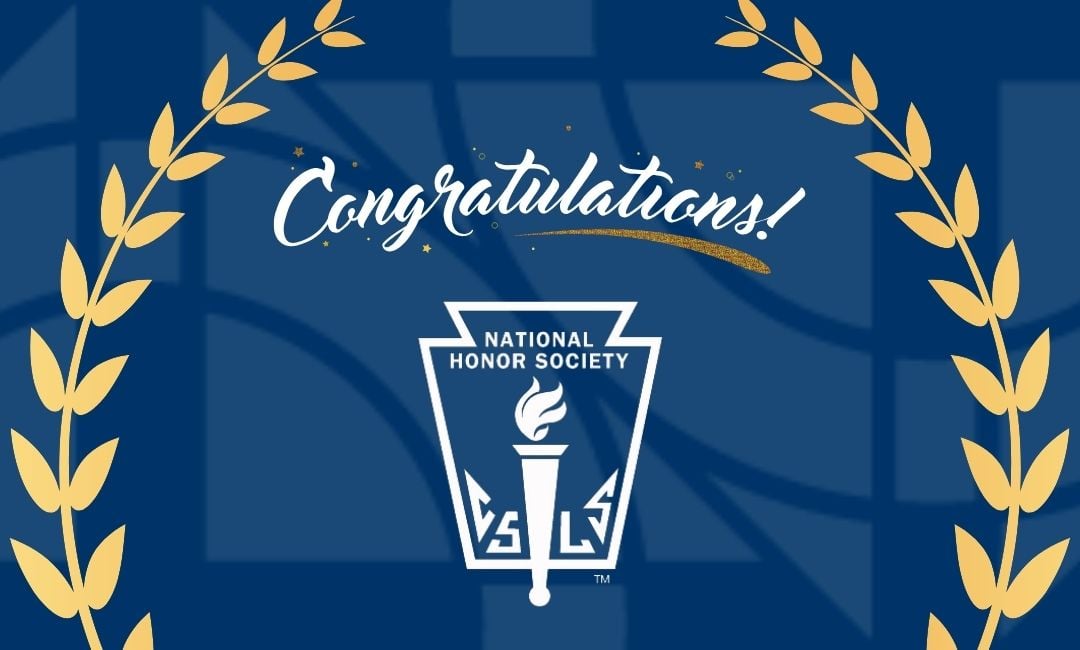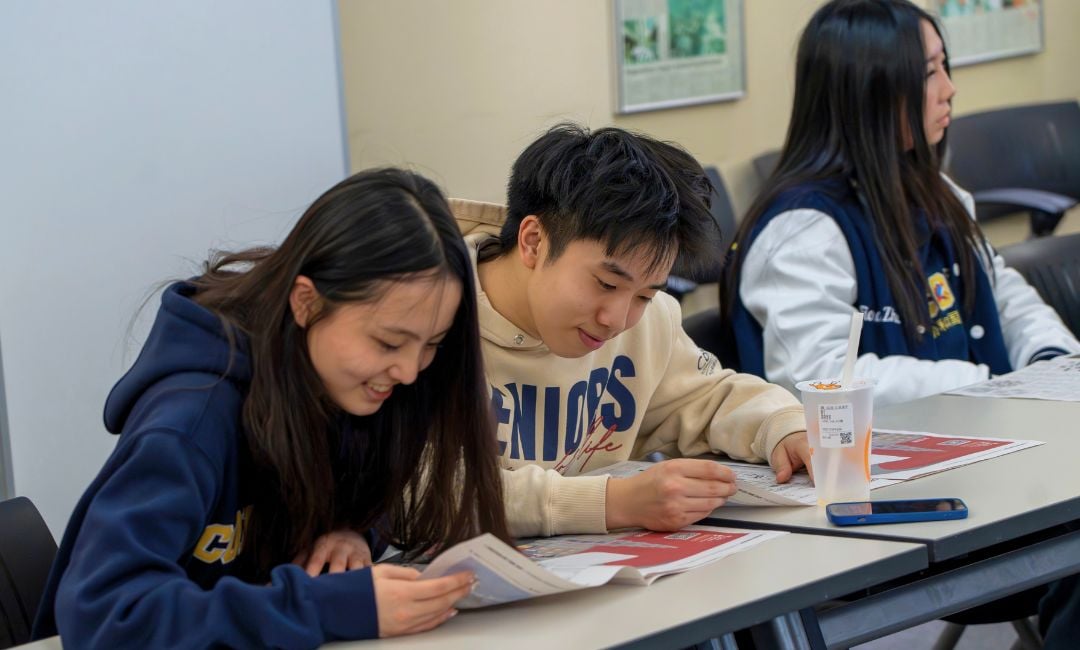College visits allow students to gain perspective on the type of environment that would best suit their academic and personal interests. However, with many countries still reeling from the COVID pandemic, in-person school tours have become difficult, if not impossible.
For our final installment in our Applying to College series, we take a look at virtual tours as a viable substitution for onsite college visits.
Choosing a college is a big decision not to be taken lightly, so the more a student learns about potential schools the better. Concordia high school counselors advise students to weigh things such as an institution’s academic programs, activities and locations against their own values and goals. Since COVID, universities have had to come up with creative ways to share the many aspects of campus life and college experience with potential students.
According to US News and World Report:
“Hundreds of schools now offer virtual tours, with options ranging from campus photos that users click through to elaborate options complete with student guides that show off facilities and introduce prospective applicants to peers.”
Students can access a school’s virtual tour via university websites or on sites like YouVisit or CampusTours, which allow student to customize their searches by school, location and even tuition amount. School counselors will also have many useful resources for students and parents looking for information virtual tours.
Concordia’s high school counseling team recommends that parents and students browse this resource for a nearly comprehensive list of school tour info.
While virtual tours are a great way for students to familiarize themselves with the campus, they are really just a jumping-off point, a useful tool for researching aspects of the school. Students should be prepared to dig deeper and learn as much as possible from the content provided on the tour.
Tips for making the most of a virtual tour
Take Note
- It is advisable for students to jot down the things that standout to them, especially things that tally with their academic interests. When applying, it is helpful to mention these things in any supplemental essays, as they give admissions officers a concrete example of what appeals to the student.
Bookmarks and Screenshots
- Taking a tour on a digital device allows you to bookmark, screenshot or screen-record any features students might want to easily refer to later. This will also help keep track of the most remarkable features from various tours a student takes.
Questions and Answers
- Not all tours will be able to respond to student inquiries in real-time, so students should write down any questions that come up during the virtual tour so they can bring them up. That being said, students should definitely reach out to university reps with their questions about the university.
It’s been implied that colleges view student visits as a demonstration of interest, which they look favorably on when deciding admission. But how do students show their interest under the present circumstances?
According to Concordia high school counselor Patrick Love:
"Most colleges are constantly running virtual campus visits and information sessions. When students sign up for these virtual events, colleges normally track the student’s email address and high school info. I recommend for students to always use their school email address, because that is the email address they will use when they apply to college."
Most schools are offering 1-on-1 zoom meetings to students who attend the virtual visits. If a student is fairly certain that they are going to apply to a school, these 1-on-1 meetings are a great way for an admissions officer to get to know the student before they read their application. Additionally, students should ask the admissions officer questions that are connected to how each student is going to answer the supplemental essay questions for that school. Using this method of questioning helps students to have a better understanding of how the college rep would like to see the supplemental question answered.
It’s only natural that students would lament not being able to visit college campuses in person. But in the absence of in-person visits, virtual tours are still giving students a view of life on campus and helping them gain a better understanding of what universities have to offer.




